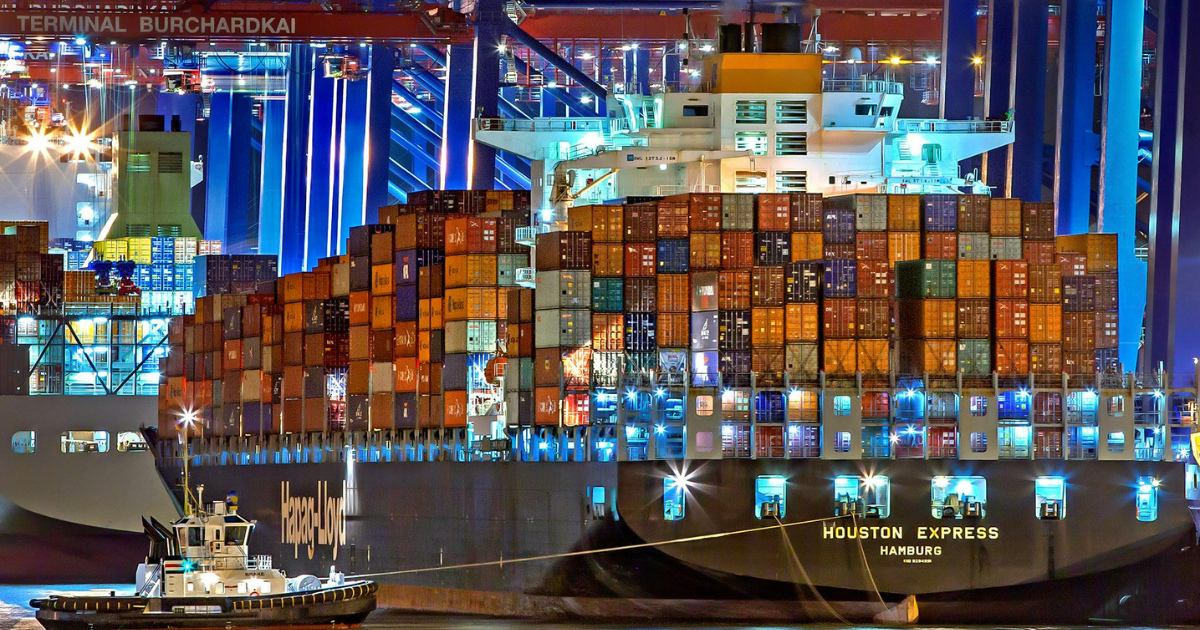Will Retail Prices Return to Pre-Tariff Levels?

By Mark Seavy
Higher retail prices are spreading across product categories and it’s unclear when they might return to pre-tariff levels.
That’s the vexing question faced by consumers, suppliers, and retailers amid the start of the holiday selling season, as companies struggle with the U.S. tariffs that have been imposed on imported goods since April.
In the case of the licensing industry, the tariffs are in addition to minimum guarantees and royalty rates that show little sign of changing to reflect cost increases. In many cases, licensees absorbed some tariff-related costs while also passing some on to wholesale prices for retailers, industry executives said. But in the end, there have been higher retail prices for consumers.
“The retailer prices are going to be what we know for now,” an apparel licensing executive said. “But if the tariffs go away, are the retailers going to lower [consumer] prices or have they become used to higher prices and they will pocket the money?”
In some cases, the move to increase retail prices resulted in strategic misfires.
Newell Brands, for example, increased prices three times across its infant products (Nuk, Graco, and other brands), with the last increasing happening on July 28, company executives said. The company saw negligible impact despite the bulk of the products being manufactured in China, where import tariffs started at 145% before declining to 20%. The increased prices held as competitors followed suit, company executives said.
But in small kitchen appliances (Mr. Coffee, Calphalon, Crockpot brands), Newell was “caught offside” as competitors didn’t raise wholesale prices, CEO Chris Peterson said. The result was a 7.2% decline in Q3 sales, which in turn forced Newell to deepen the forecasted decrease in annual sales to 4.5-5% (up from 2-3%), CFO Mark Erceg said. The company also suffered when retailers didn’t reorder home fragrance (Yankee Candle) in Q3 and instead liquidated product. Newell also increased its forecast for tariff-related costs for the year to $180 million from $155 million, Peterson said.
“The pricing that we put into the market [in small kitchen appliances] turned out to position us as uncompetitive in those businesses that we primarily source [from China],” said Peterson.
The full scope of the increase in retail prices can be found in the toys and costumes categories, which analysts report have risen 20%. In costumes alone unit sales had fallen 36% through September, an industry analyst said.
ACCO Brands (Kensington, Mead, Esselte), meanwhile, increased prices in Q3 but the timing of them “lagged” as some sales moved into Q4 and revenue from the back-to-school season decreasing by a “mid-single digit” percentage, CEO Thomas Tedford said. ACCO’s sales in Q3 declined 9% and are projected to fall 7-8.5% for the year, CFO Deborah O’Connor said.
“Overall demand trends remain constrained due to the evolving tariff environment and cautious consumer and business spending,” O’Connor said. “We expected to see greater price realization in Q4 to cover the incremental tariff costs.”
The tariffs have also resulted in retailers that typically directly import products from China to shift inventory to supplier warehouses to avoid paying the levy. At Newell, direct imports dropped to about 5% of U.S. business in Q3, down from a typical 10%, Peterson said.
At Spin Master, meanwhile, direct import orders decreased by $160 million in Q3 as retailers globally “managed inventory more tightly,” CFO Jonathan Roiter said. Part of the direct import decline is considered “lost sales unless we see a restocking benefit next year,” Roiter said.
At the same time, Spin Master is targeting China production to account for 30% of its costs in 2026, down from 64% two years ago, he said. The tariffs hit Spin Master’s Melissa & Doug brand, the majority of which is imported from China and which lost market share in Q3, CEO Christina Miller said. Spin Master has extended the Melissa & Doug brand into licensing for the first time in deals with Disney and Rachel Anne Accurso’s Ms. Rachel YouTube show.
“Toy revenues have been negatively impacted by the shift in retail buying patterns stemming from tariffs,” Miller said. “The holiday season is expected to be less predictable and more spread out than ever before.”




